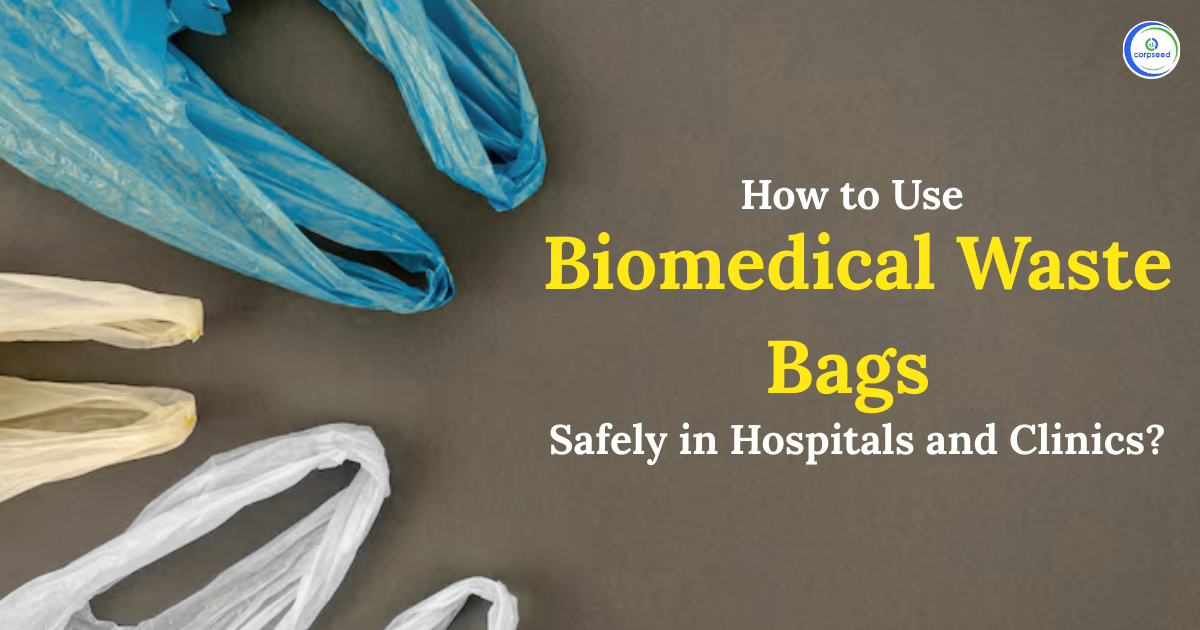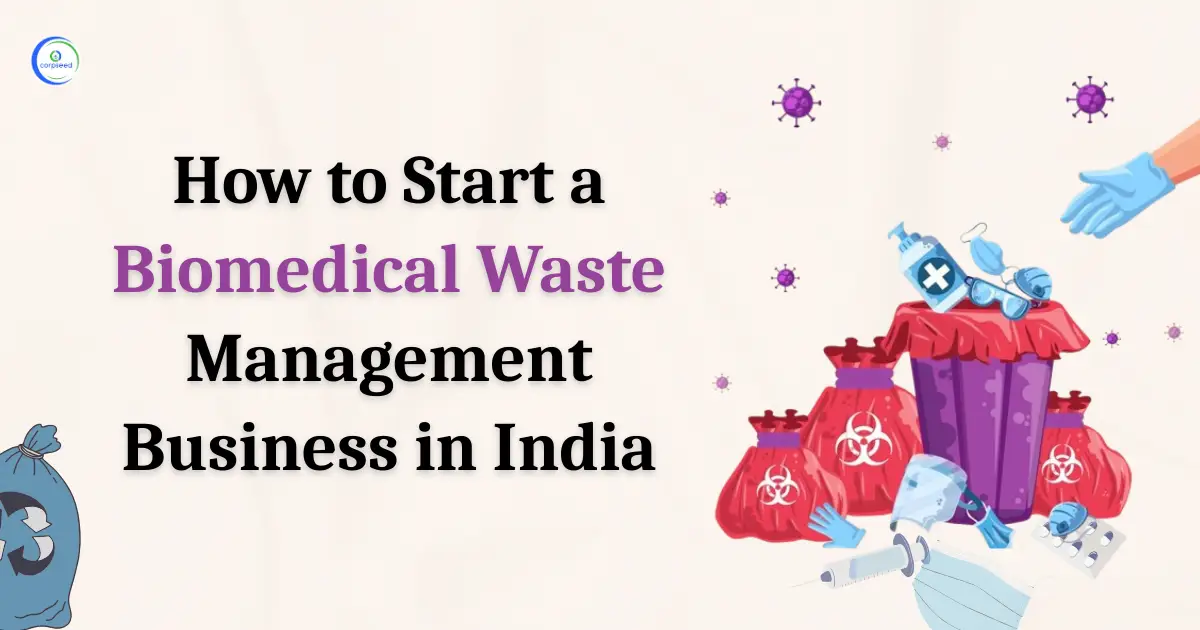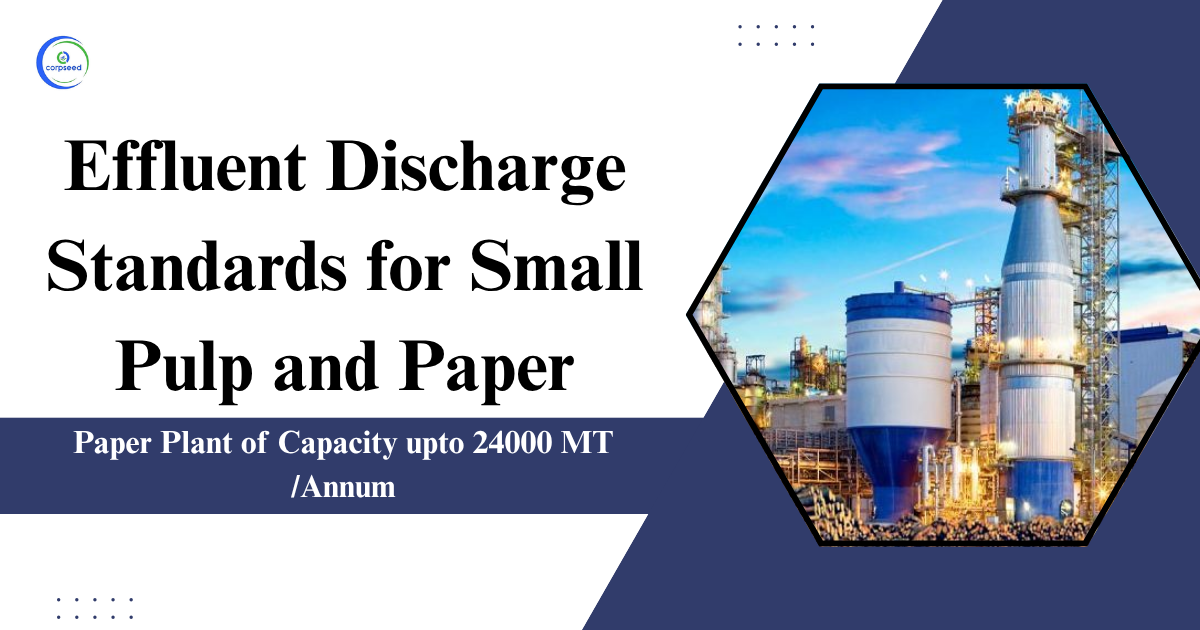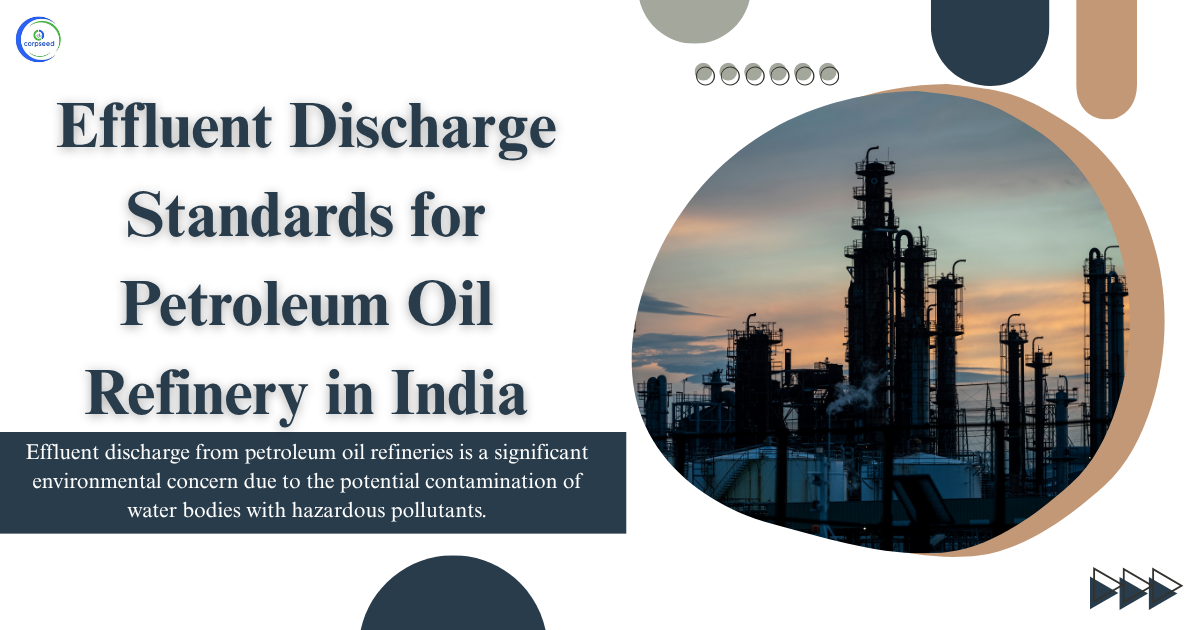With the fast rise of electric vehicles and the extensive use of lithium-ion and lead-acid batteries, it is important to manage battery waste responsibly. The Battery Waste Management Rules 2022 offer a clear regulatory framework to ensure environmentally safe disposal and recycling.
Table of Contents
- Why Battery Waste Management Authorization Matters in 2025
- What Are Battery Waste Management Rules 2022?
- Who Needs Battery Waste Management Authorization
- Step-by-Step Process for Battery Waste Management Authorization
- Understanding Extended Producer Responsibility (EPR) for Batteries
- Penalties and Consequences of Non-Compliance
- Best Practices for Battery Waste Handling and Recycling
- Conclusion
Why Battery Waste Management Authorization Matters in 2025
With the increase in electric vehicle (EV) adoption and the propagation of lithium-ion and lead-acid batteries in numerous sectors, battery waste management has become an urgent environmental and regulatory priority. India’s Battery Waste Management Rules 2022 aims to overcome the challenges of hazardous battery waste disposal and encourage sustainable recycling methods. For battery manufacturers, importers, refurbishes, and recyclers, it’s important to understand how to obtain Battery Waste Management authorization and comply with Extended Producer Responsibility (EPR).
What Are Battery Waste Management Rules 2022?
The Battery Waste Management Rules 2022 is a regulatory framework issued by the Ministry of Environment, Forest and Climate Change (MoEFCC), India, to control the management of battery waste. These rules order the appropriate collection, recycling, and environmentally appropriate disposal of batteries such as:
- Lead-acid batteries (used in vehicles and UPS systems)
- Lithium-ion batteries (used in electric vehicles, smartphones, laptops)
- Nickel-cadmium and nickel-metal hydride batteries
The rules highlight:
- Mandatory registration and authorization for all establishments handling battery waste
- EPR requirements for producers and importers who take accountability for the end-of-life management of their products.
- Appropriate documentation, reporting, and compliance monitoring by regulatory authorities
--------------Blog Contact Form-------------
Who Needs Battery Waste Management Authorization
The Battery Waste Management Rules 2022 apply to numerous participants involved at different phases of the battery lifecycle. Authorization guarantees that each stakeholder handles battery waste in an environmentally responsible and compliant manner. The key entities required to get:
- Battery Manufacturers & Importers: Must secure EPR registration and authorization for waste management activities.
- Battery Recyclers & Refurbishes: Need authorization to function and validate compliance with environmental standards.
- Collection Centers & Dealers: Involved in collecting battery waste and facilitating its safe disposal.
- Distributors & Dealers: Accountable for ensuring that collected battery waste reaches authorized recyclers.
Step-by-Step Process for Battery Waste Management Authorization
To adhere with the Battery Waste Management Rules 2022, follow these steps to get permission. This clear roadmap ensures smooth processing and regulatory compliance.
Step 1: Identify Your Business Category: Clearly determine your role in the battery supply chain, whether you are a manufacturer, importer, recycler, or collector. This helps in selecting the right authorization category.
Step 2: Prepare Required Documents: Prepare the following necessary documents before applying:
- Business registration certificate (e.g., GST, Company Registration)
- Factory or plant license
- Environmental clearance certificates, if applicable
- Details of battery types handled and capacity
- Pollution control measures and waste management plan
- Proof of financial capacity for recycling and disposal
Step 3: Apply for Authorization Online
- Visit the Central Pollution Control Board (CPCB) or respective State Pollution Control Board (SPCB) portal.
- Complete the online application form with precise details.
- Upload scanned copies of essential documents.
- Pay the prescribed application fee online.
Step 4: Site Inspection and Compliance Verification: After submission, officials may conduct an inspection of your premises to validate compliance with pollution control standards and safety measures.
Step 5: Receive Authorization Certificate: Once approved, you will receive an authorization certificate valid for a specified period (usually 5 years). Renewal applications must be submitted before expiry.
Step 6: Maintain Records and Submit Annual Reports: Maintain detailed records of battery waste handled and submit periodic compliance reports to regulatory authorities as directed.
Understanding Extended Producer Responsibility (EPR) for Batteries
Extended Producer Responsibility (EPR) is the foundation of the Battery Waste Management Rules 2022. It shifts responsibility for battery waste management to producers and importers, ensuring they take back end-of-life batteries for proper recycling or disposal. Here are the key EPR Obligations:
- Register with CPCB or SPCB for EPR authorization.
- Meet collection targets based on battery sales volume.
- Set up or partner with collection centers for battery take-back.
- Collaborate with authorized recyclers for environmentally safe disposal.
- Submit annual EPR compliance reports including quantity collected and recycled
Penalties and Consequences of Non-Compliance
Failure to comply with the Battery Waste Management Rules 2022 can lead to serious consequences, as regulatory authorities are authorized to implement strict penalties under the Environment Protection Act Coins to ensure compliance and protect the environment, including:
- Monetary fines up to several lakhs of rupees
- Cancellation or suspension of business licenses and authorizations
- Legal prosecution and imprisonment in severe cases
- Negative publicity and loss of business reputation
It’s vital to stay proactive and complete all registrations, authorizations, and reporting accurately and on time.
Also Read: Battery Waste Management Services in India
Best Practices for Battery Waste Handling and Recycling
Proper handling and recycling of batteries is crucial to mitigate environmental risks and increase regulatory compliance. Implementing best practices can simplify operations and build trust with regulators and consumers.
- Separate battery waste properly by type and chemistry to avoid hazardous mixing.
- Use certified collection centers and authorized recyclers only.
- Train staff on safe battery handling and emergency procedures.
- Maintain documentation and traceability of battery waste movement.
- Promote awareness among customers about battery take-back programs.
Conclusion
The Battery Waste Management Rules 2022 is an important step towards sustainable management of hazardous battery waste in India. By safeguarding the Battery Waste Management Authority and meeting EPR registration obligations, businesses can ensure its compliance, safeguard the environment, and contribute to circular economy goals. Timely authorization and prompt compliance with these principles can avoid hefty fines, improve corporate reputation, and help in India’s green transition. Stay informed, maintain careful records, and engage competent partners to build a strong battery waste management system that benefits both your business and the planet.
FAQ`s
It is a mandatory approval for businesses to legally manage battery waste under environmental regulations.
Manufacturers, importers, recyclers, refurbishers, collection centers, distributors, and dealers handling battery waste must obtain it.
Apply online via CPCB or SPCB portals by submitting documents, paying fees, and passing site inspections.
EPR requires producers/importers to take back and recycle end-of-life batteries responsibly.
Penalties include fines, license suspension, legal action, and reputational damage.
This portion of the site is for informational purposes only. The content is not legal advice. The statements and opinions are the expression of author, not corpseed, and have not been evaluated by corpseed for accuracy, completeness, or changes in the law.
BOOK A FREE CONSULTATION
Get help from an experienced legal adviser. Schedule your consultation at a time that works for you and it's absolutely FREE.
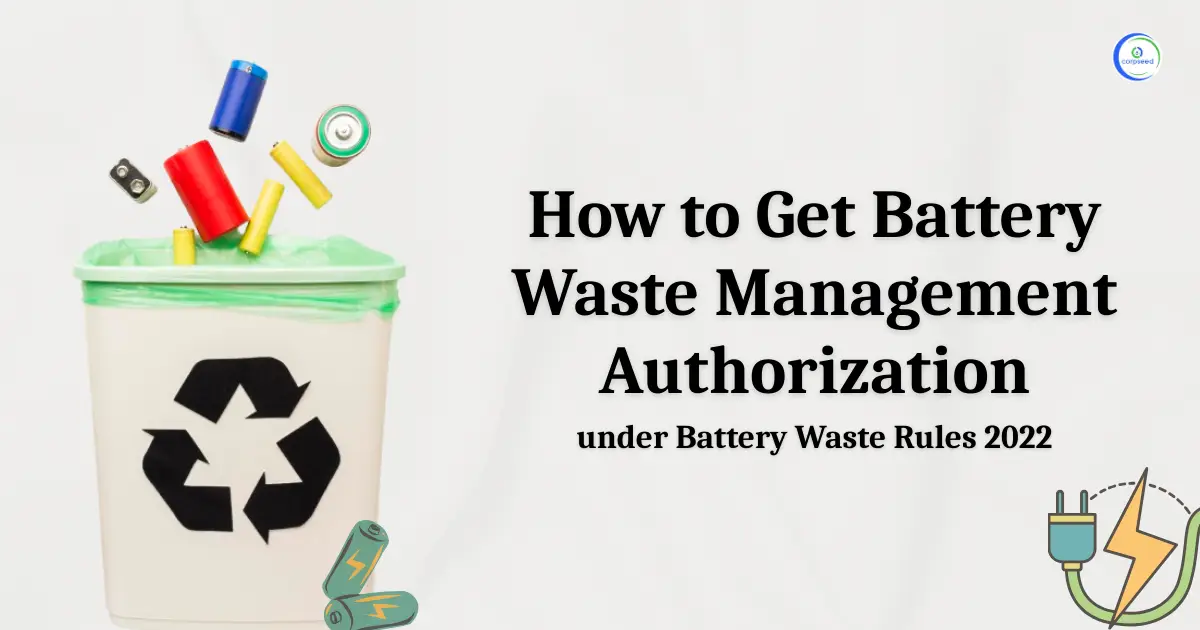

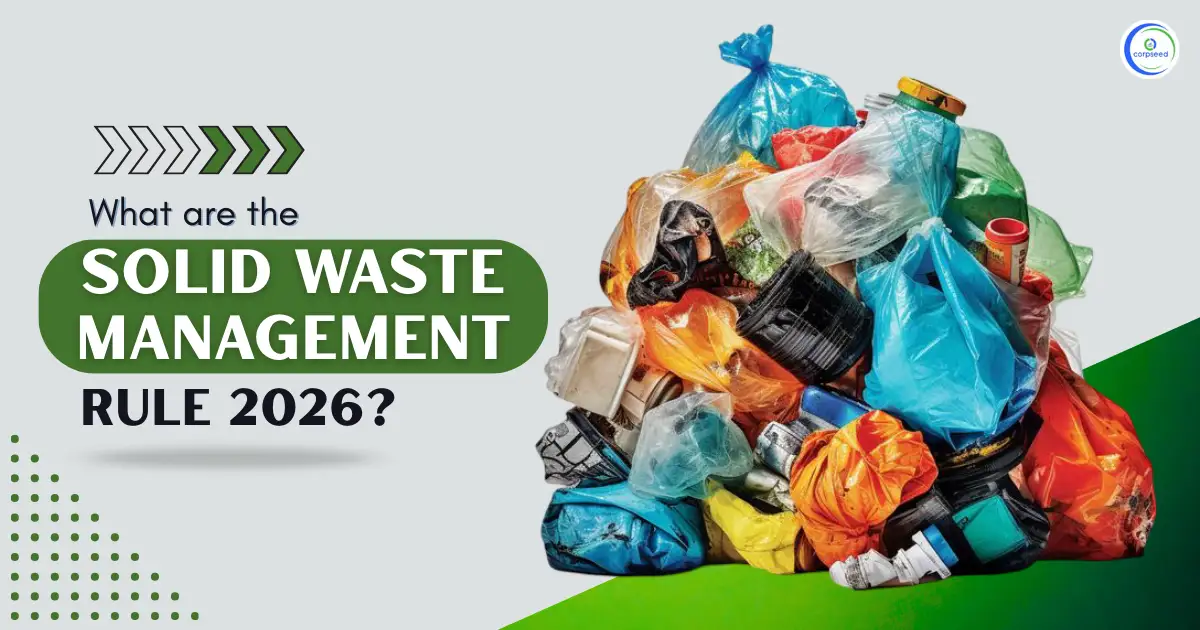
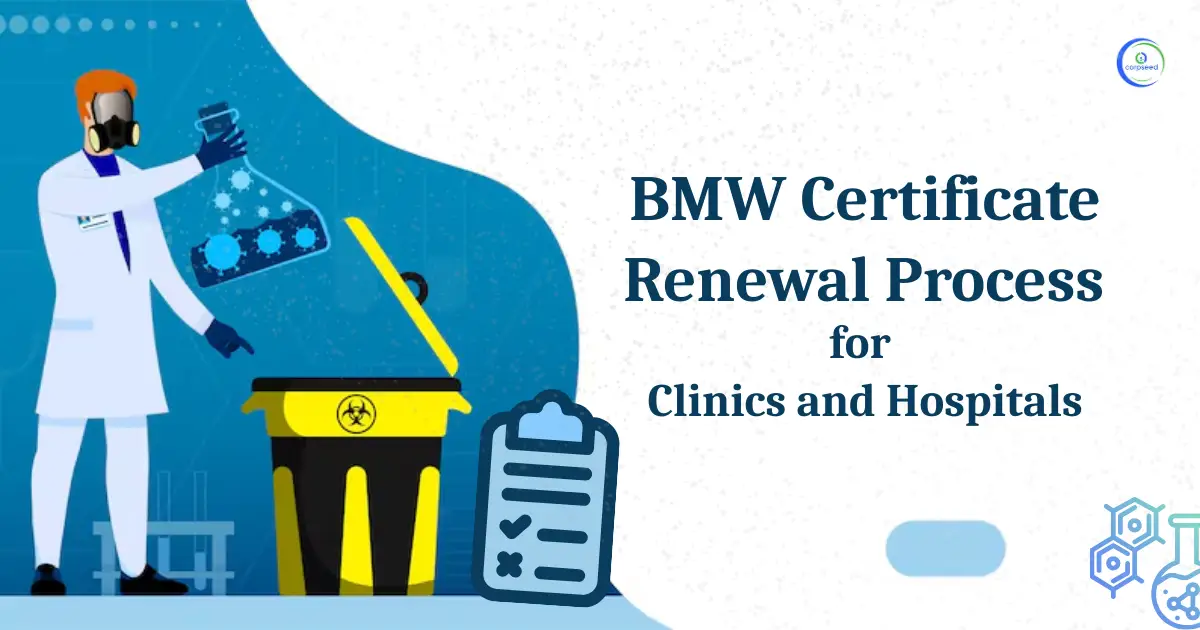
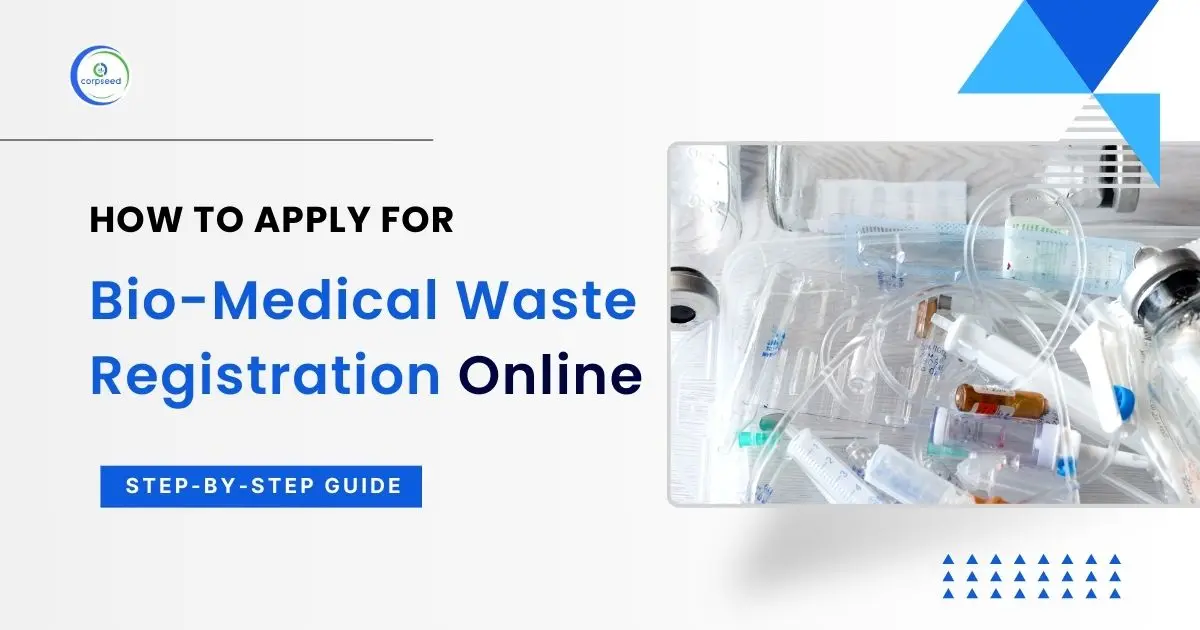
.webp)
